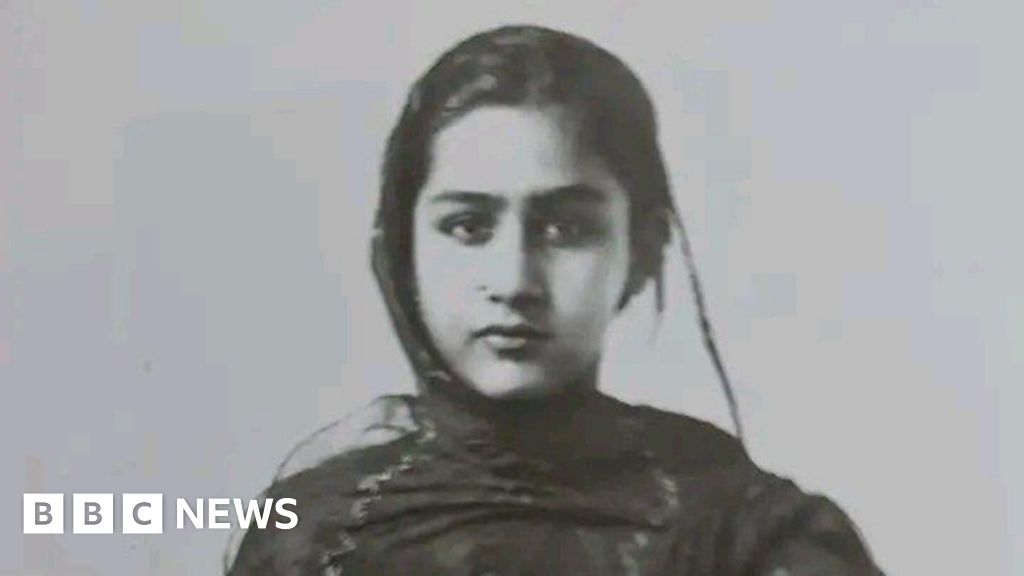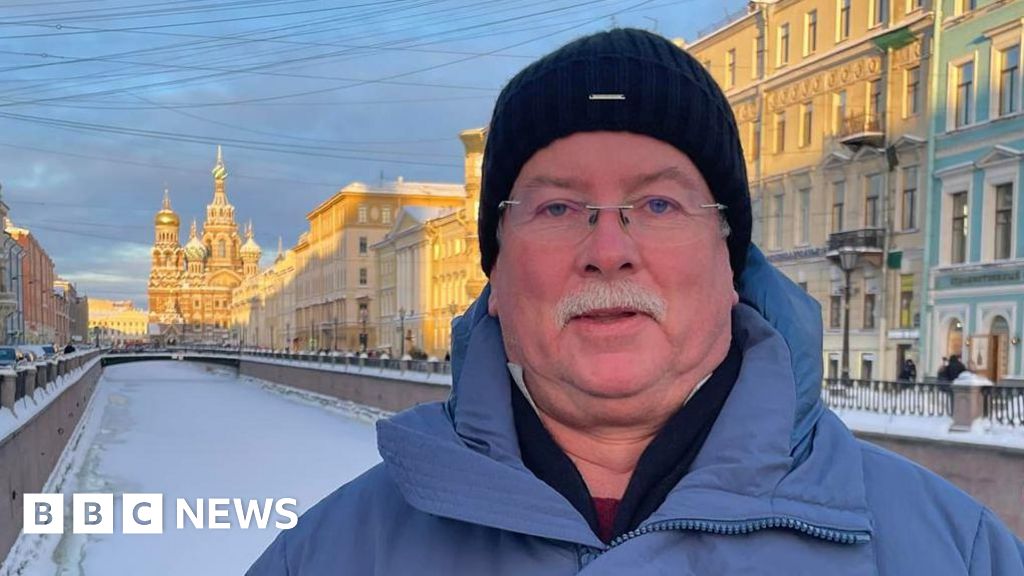PRESIDENT Bola Tinubu told guests at the Presidential Democracy Day Dinner on June 12 that Nigeria’s unity cannot be traded. He sounded upbeat about what should be the advantage of the country’s diversity and declared that this was the best path to success.
Essentially, Tinubu was vainly regurgitating the unfeasible position of his predecessors that Nigeria’s unity is non-negotiable. However, many citizens still question the basis of Nigeria’s unity if indeed it exists.
Nigeria is diverse with over 400 ethnic groups. There are deep divides across geographical, cultural, and religious lines. This formed the basis of the pre-independence constitutional conferences that the early political leaders sought to address in working out terms of Nigeria’s collective existence.
Diversity can work to the advantage of countries as it tends to aggregate the talents, skills, foresight, and other positive attributes of people of diverse backgrounds and cultures to drive national goals, create wealth, provide security, and better the lot of citizens. The United States is a good example of a country that has mined the advantages of its diversity to achieve huge success.
The problem with Nigeria is that the same leaders who swear on the altar of national unity often emphasise those elements that drive Nigerians apart in their quest for power and preach the unity mantra once entrenched in office. They tend to forget that the basis for national unity remains the articulation of national goals and aspirations driven by consensus, which the Constitution should represent, rather than a document produced by a conclave of vested interests.
The late Head of State Johnson Aguiyi-Ironsi tried to legislate national unity in 1966 via a military decree to repair the divisions caused by infighting and corruption by the political elite. This backfired spectacularly and triggered a chain of events that resulted in a fratricidal civil war that has not been forgotten.
Military officers who ruled Nigeria afterward forbade any suggestions that Nigeria could fall apart, yet they played the ethnic or religious card in their coups, countercoups, resource allocation, and appointments.
Efforts at resolving the national question through the various national conferences have been wasted because the motives were largely egoistic rather than altruistic. The late military dictator Sani Abacha’s national conference of 1994 proved to be a power elongation ruse but did result in the creation of the six geopolitical regions.
Olusegun Obasanjo’s conference of 2005 ended in a fiasco because of the third-term plot. Goodluck Jonathan’s national conference of 2014 was abandoned because a resolution by delegates to adopt a single six-year tenure for the president was perceived to be to Jonathan’s advantage.
Muhammadu Buhari declared that discussions questioning the unity of Nigeria were a red line that must not be crossed during his presidency.
History has proven that national unity is not sacrosanct. Many countries have split, and citizens are just as fine. The Soviet Union, Yugoslavia, Pakistan, Korea, Vietnam, and Sudan have all split.
Fostering national unity is not a matter of rhetoric but involves deliberate actions to ensure social justice, equity, prosperity, and security. Sixty-four years after independence, agitations for self-determination persist in Nigeria because the union is fragile and not working.
Tinubu was once an apostle of restructuring, but now it seems he has not mentioned the word since he came into office. Restructuring the polity along the lines of federalism is the closest template to the agreements reached by national leaders before independence.
Times have changed and progress must be made but since Tinubu dared to declare that “fuel subsidy is gone,” he should be bold enough to put the restructuring question back on the front burner.

 5 months ago
42
5 months ago
42















 English (US) ·
English (US) ·